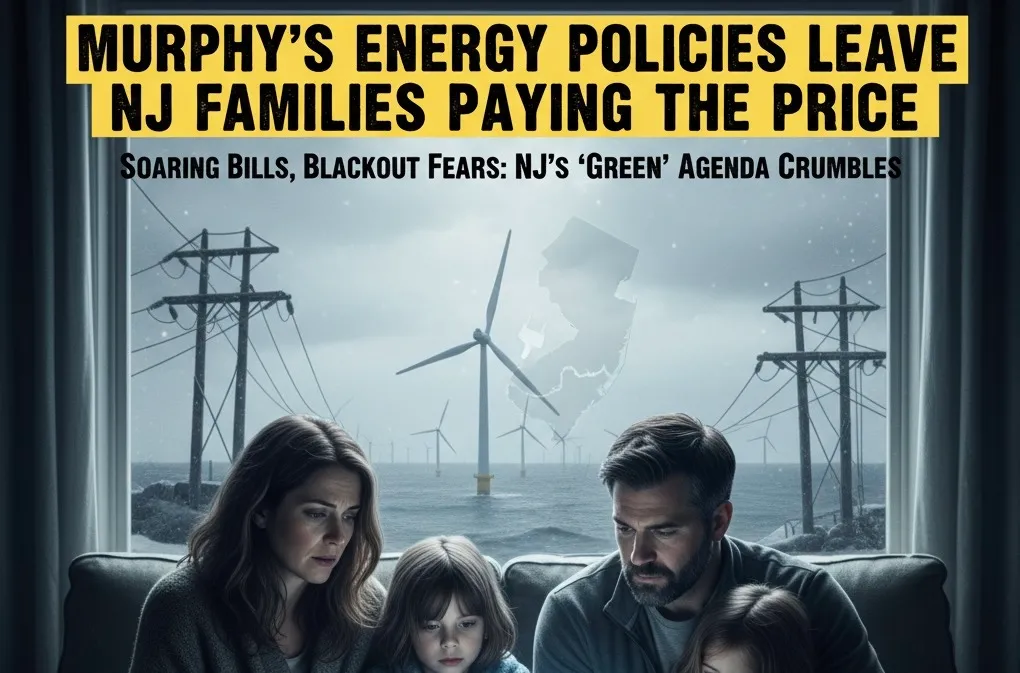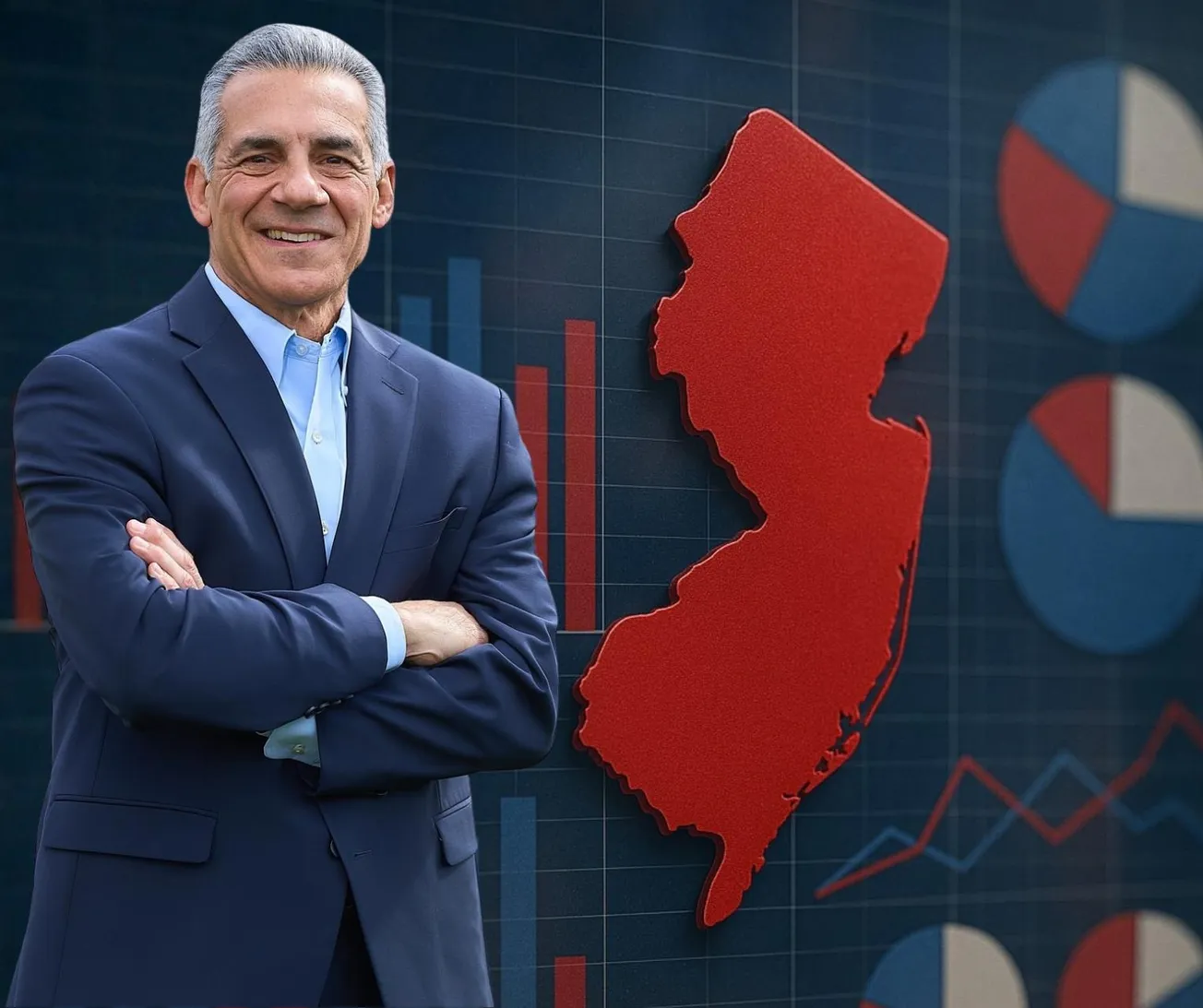Critics say New Jersey’s aggressive green agenda has driven up utility bills and weakened reliability across the state.
TRENTON, N.J. — Governor Phil Murphy’s ambitious energy agenda is facing renewed scrutiny as New Jersey residents grapple with rising electricity costs and growing concerns over the state’s energy reliability. Analysts and policy observers say that years of aggressive renewable-energy mandates have reshaped the state’s power market—often at a steep price for working families.
From Power Exporter to Importer
New Jersey, once a net exporter of electricity, now relies heavily on imports from neighboring states. The shift follows a series of policy decisions that phased out nuclear and natural-gas facilities while prioritizing investment in offshore wind and large-scale solar projects. Industry experts note that while these projects were intended to advance long-term sustainability goals, they have yet to deliver the promised affordability or reliability.
Mounting Costs and Limited Relief
To offset consumer frustration, the Murphy administration and Democratic lawmakers have introduced short-term bill credits and funding mechanisms designed to ease immediate ratepayer pain. However, energy economists warn that these temporary measures do little to address underlying structural issues—such as supply shortages, transmission costs, and increased regional demand tied to electrification initiatives.
Impact on Residents and Businesses
Rising energy bills have placed additional pressure on households and small businesses across the state. Seniors on fixed incomes report cutting back on essentials to cover utility costs, while small business owners face shrinking profit margins as overhead expenses climb. The combination of higher rates and reduced in-state generation capacity has strained confidence in the state’s ability to balance its environmental ambitions with economic realities.
A Debate Over Direction
Policy experts across the spectrum agree that New Jersey’s energy transition remains at a crossroads. Some argue for renewed investment in nuclear and natural gas as stabilizing forces during the clean-energy shift, while others maintain that sustained commitment to renewables is essential to achieving the state’s long-term climate goals.
As energy prices continue to climb, the question confronting Trenton is not just how to power New Jersey’s future—but who will bear the cost.






